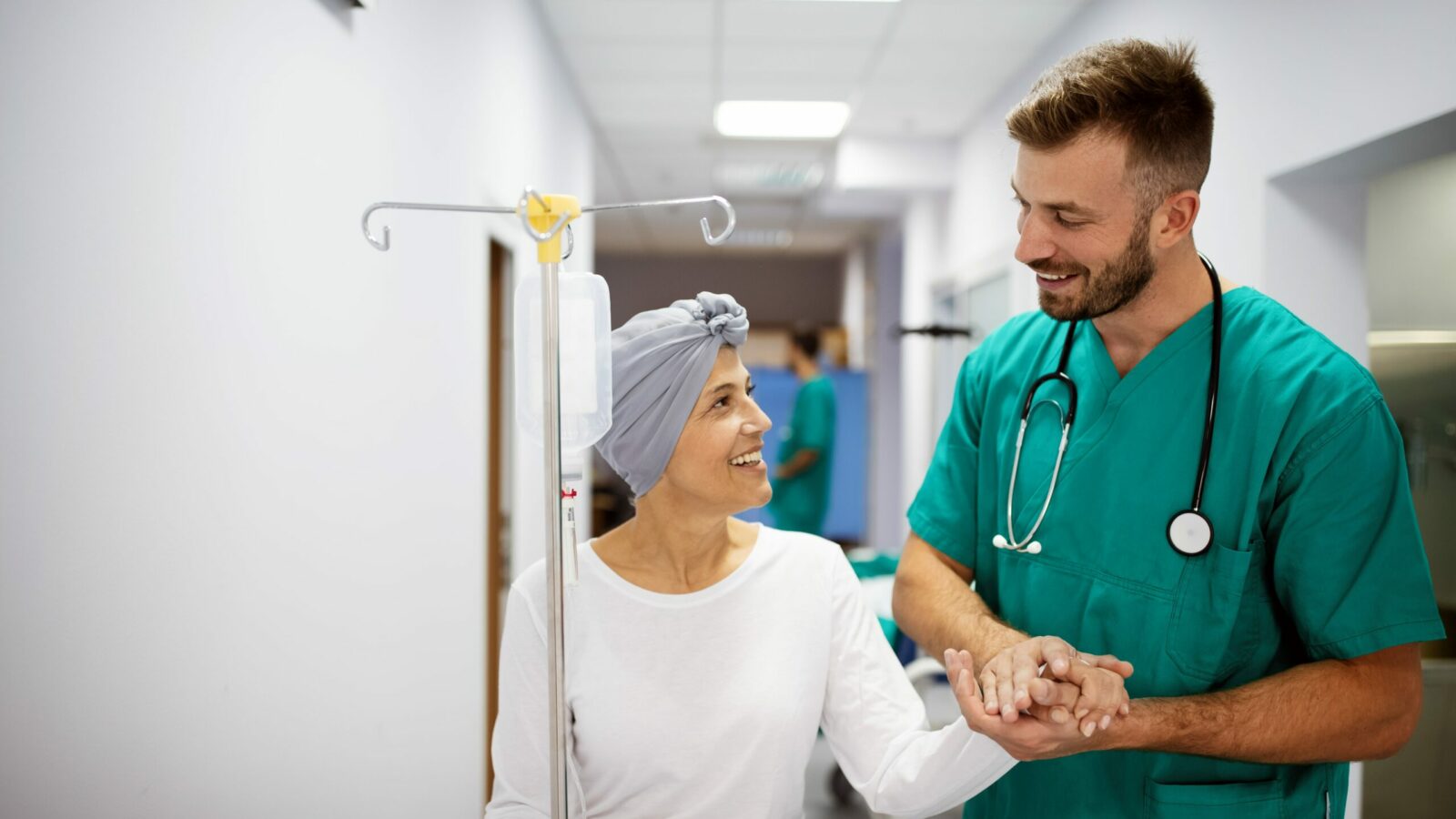Information About Ovarian Cancer
What causes ovarian cancer is unknown. Most cases occur in women who have gone through the menopause, but it can affect younger women also.

A small number of cases happen in women who have a family history of ovarian or breast cancer. If you have 2 or more close family members who have had these cancers then you should see your GP for possible referral to a clinical geneticist.
Being overweight seems to be a risk factor. Endometriosis and taking hormone replacement therapy (HRT) may increase the risk slightly, whereas previous pregnancies, breast feeding and taking the oral contraceptive pill reduce the risk a little.
Cancer of the ovary is notoriously difficult to diagnose early as many cases will have no symptoms initially. Symptoms include feeling constantly bloated, having a swollen tummy, or discomfort in the tummy, pelvis or side. You may also feel full quickly after eating, pee more frequently, have unscheduled vaginal bleeding or be constipated.
Most of these symptoms will NOT be due to ovarian cancer, as there are many other conditions that can cause these symptoms. Irritable bowel syndrome (IBS) is common and can cause many of the above symptoms, but it is very unusual for IBS to present for the first time over the age of 50.
If you have any of these symptoms for the first time and they persist for more than 2 weeks , you should see your GP for advice.

There is no national screening programme for ovarian cancer, as no test has proved reliable enough. Ca125 (a blood test) is raised in about 80% of cases but it can be raised in other conditions, and can also be normal in early ovarian cancer, giving false reassurance. Ultrasound scanning is good at diagnosing established cancer of the ovary, but it is not reliable enough at picking up all early cancers to be used as a screening tool.
There are a lot of support groups and sources of information available if you are concerned about ovarian cancer. To find a local support group please go to our support directory.
Your general health and wellbeing is important. You may find that holistic therapies, counselling or social activities help you to stay well during your experience with cancer. For information on local health and wellbeing services please click here.
For more information about ovarian cancer here’s some useful links:
NHS Choices- Ovarian Cancer info
35 out of 100 patients will survive 10 years or more. Successful treatment is much more likely for people who are diagnosed early, so please:

Many people find it useful to speak to others who are going through the same things as them.
